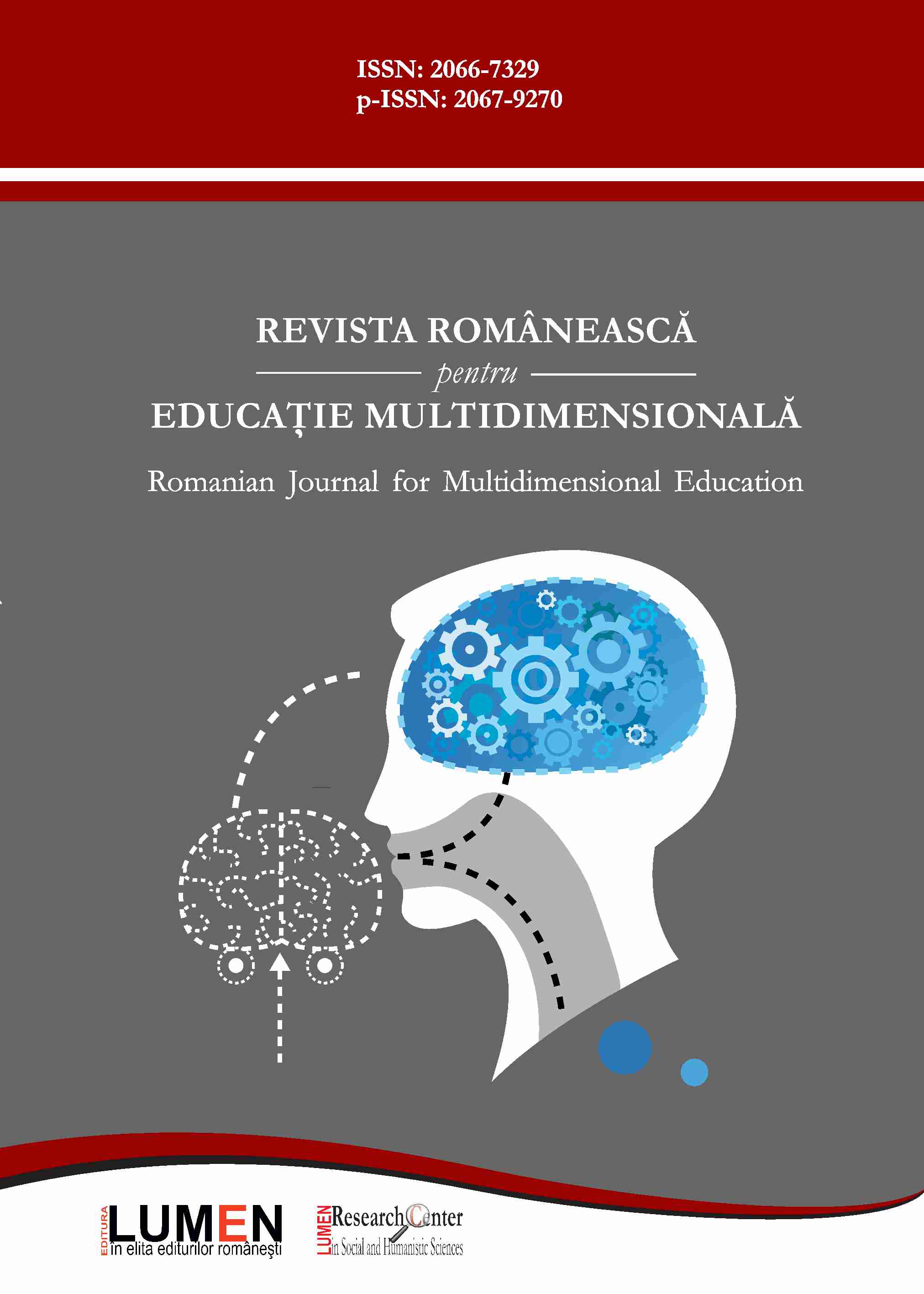Splitting Linguistic Consciousness of Ukrainians: Neuropsychological and Legal Aspects
Splitting Linguistic Consciousness of Ukrainians: Neuropsychological and Legal Aspects
Author(s): Olga Andriyanova, Olga Sheliukh, Natalia Vovchasta, Halyna Khlypavka, Anzhela Posokhova, Vitalij KozlovskijSubject(s): Social Sciences, Language and Literature Studies, Sociology, Sociolinguistics, Crowd Psychology: Mass phenomena and political interactions, Sociology of Culture, Identity of Collectives
Published by: Editura Lumen, Asociatia Lumen
Keywords: language policy; linguistic space; linguistic security; bilingualism; linguistic-cultural environment; identity; neuropedagogy; neuropsychology;
Summary/Abstract: The article deals with the problem of splitting linguistic consciousness of Ukrainians as a result of Russia’s destructive historical influence on their self-identity. In this regard, it offers some ways of solving this particular problem at the legislative level, as well as in the context of neuropedagogical and neuropsychological approaches. The article aims to prove that the Ukrainian language is the key factor in national self-identity, and appropriate neuropedagogical influence on linguistic personality can correct negative attitudes, stereotypes and weak self-identification. Research methods include historical and systemic analysis of relevant legal provisions; extrapolation of historical facts to the ethnopsychological and neuroscientific levels; generalization and modelling (formulating effective recommendations based on a preliminary analysis). Besides, the article discusses and characterizes the causes of differences in linguistic space, mainly in the south-eastern and western regions of Ukraine. They led to bilingualism, which is one of the factors threatening national security and territorial integrity. Furthermore, there are differences and linguistic conflicts in the current language policy in terms of relations between Ukraine and neighbouring countries. In this regard, the article attempts to outline the role of neuropedagogical tools in correcting splitting linguistic consciousness as the most destructive personal phenomenon of artificial bilingualism. Finally, the article proves that legal support can only provide a framework for solving the problem of artificial bilingualism. At the same time, the way out of destructive language policy lies in applying the latest neuropedagogical and neuropsychological methods, described in the conclusions below.
Journal: Revista Românească pentru Educaţie Multidimensională
- Issue Year: 14/2022
- Issue No: 1Sup1
- Page Range: 370-385
- Page Count: 16
- Language: English

